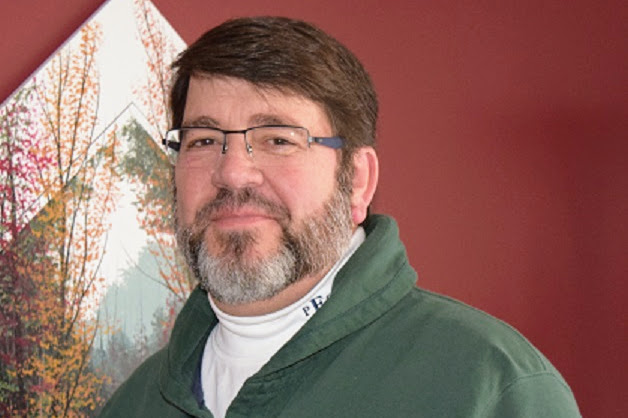
PERRY FRANCIS
Meet Dr. Perry Francis, A Patient Support Group Moderator of the Seena Magowitz Foundation
Written By: Julia Brabant
May 2023
When the Seena Magowitz Foundation asked Dr. Perry Francis to volunteer his time and talents to its efforts to eradicate pancreatic cancer, he was quick to say yes. His brother, Michael Francis, had taken part in a clinical trial partially funded by the foundation after his own 2018 pancreatic cancer diagnosis, and Perry, too, is a cancer survivor.
His personal experiences, coupled with the fact that Perry Francis makes his living as a professor of counseling and a private mental health psychotherapist, make him well-suited to serve as the moderator of the Seena Magowitz Foundation’s virtual pancreatic cancer patient support group. The group unites pancreatic cancer patients and caregivers so they can share stories, provide treatment updates and get to know other people navigating similar experiences.
As moderator, Perry’s role involves making sure everyone who wants to participate has a chance to speak and that all participants gain the most out of the experience.
“A pancreatic cancer diagnosis is overwhelming,” Perry said. “It can really help to hear from other people who’ve been there. Everyone in the group is truly generous in offering up knowledge, genuine emotions and support.”
Perry said many people with cancer join support groups to feel more at ease discussing symptoms, medication side effects and similar topics they may not feel comfortable bringing up during, say, traditional dinner party conversation. He noted that a support group environment also helps nurture a sense of vulnerability and camaraderie among participants, which can have positive mental health effects of its own.
“For the first little while after a diagnosis, you’ll be in shock or denial,” Perry said. “But it’s important to sit down for a moment and take it all in without catastrophizing it. Then, gather a support network and get back to the doctor to see what options you have as far as treatment.”
While support groups help broaden support networks for many people with cancer, Perry also knows from personal experience that there’s value in having an in-person advocate, too, especially in the early days following a cancer diagnosis.
“It can be hard to hear much after learning you have the ‘Big C,” he said. “It can help to have an advocate come to your appointments and take notes you can reference later, when you’re feeling more at ease and ready to take everything in.”
